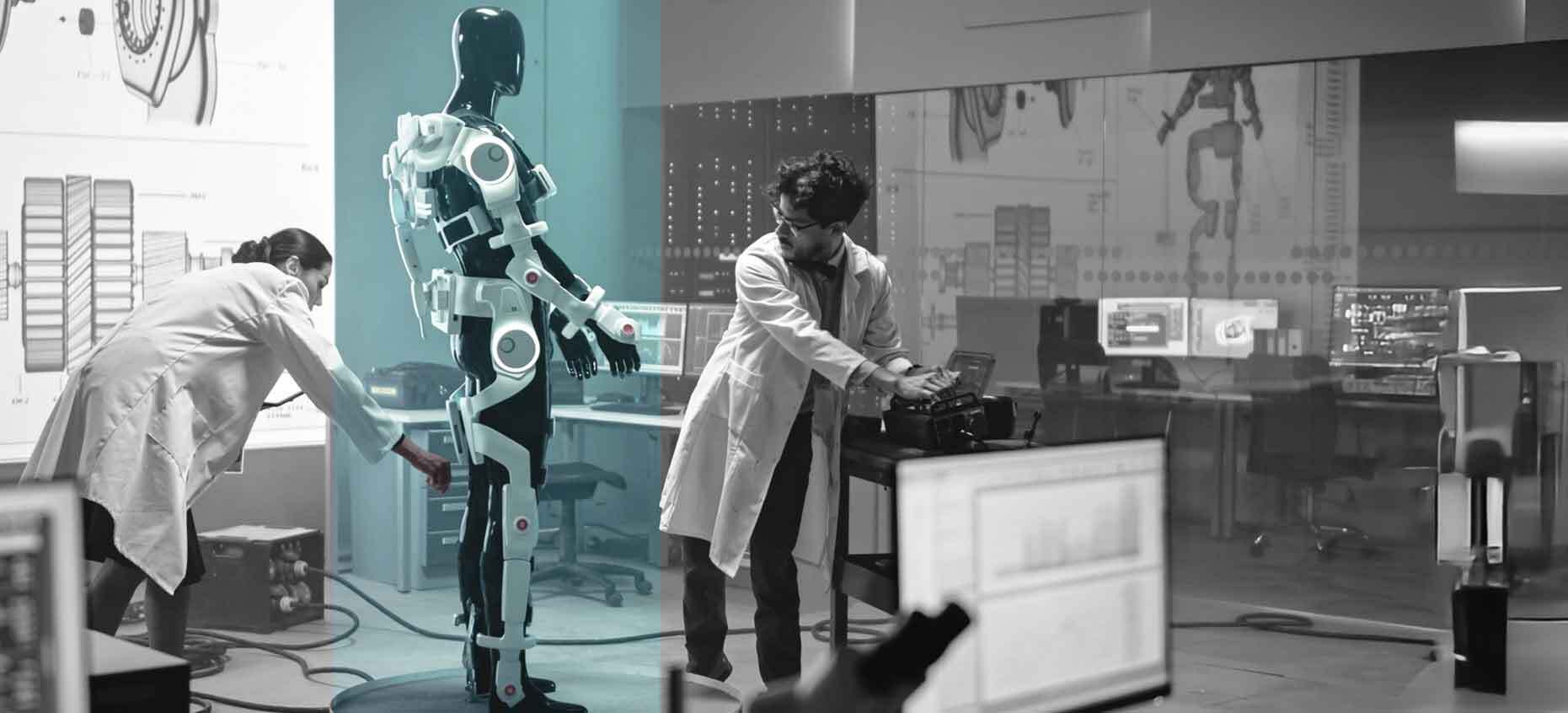

& EMPOWERMENT
& EMPOWERMENT

Our Mission
Envisioning Access focuses on nurturing tech start-ups through testing and iterative feedback to support those living with physical disabilities.
Technology Partners and Projects
Envisioning Access’s Innovative Technology Initiative collaborates with tech start-ups and universities to accelerate the creation of empowering tools for people with disabilities. Our projects focus on:
- Piloting new technologies: We connect tech innovators with our clients, who help test and refine products like mixed reality and assistive robotics.
- Real-world solutions: Our clients, alongside researchers and start-ups, advise on technology that enables access to employment, education, healthcare, and social opportunities.
- Client-centric approach: By working closely with those who live with disabilities, we ensure that the solutions developed are practical and life-enhancing.
Legacy of Innovation and Expertise
With over 45 years of experience, Envisioning Access continues its tradition of exploring inventive solutions that promote independence for individuals with physical disabilities. Since our founding in 1979, we’ve learned valuable lessons from our clients and applied them in our partnerships with tech companies.
We focus on not just the technology itself but also the impact it has on all aspects of life—helping people find employment, pursue higher education, and combat isolation.
A Holistic Approach
At Envisioning Access, we recognize that living with a disability affects not only the individual but also their family, friends, and caregivers. That’s why we emphasize creating holistic solutions that address broader challenges beyond just providing a device. Some of our collaborators are scientists living with disabilities themselves. Their experiences help us develop technology that supports independence, fosters a greater sense of connection for the individual, and provides peace of mind for their caregivers.
Where Technology Meets Disability
Our goal is to ensure that technology truly improves the lives of those it’s designed for. To achieve this, we aim to:
- Support the development of innovative technologies tailored to the needs of people with disabilities.
- Conduct real-world testing: We place new technologies—like robotics and mixed reality—into the hands of clients and gather feedback on their effectiveness in promoting independence.
- Evaluate caregiver peace of mind: We assess how comfortable caregivers feel when relying on new technology to assist their loved ones.
- Address daily living needs: We determine whether the technology effectively meets key needs, such as mobility, communication, or other aspects of daily life.
Training and support are integral to our approach. We not only provide the technology but also offer ongoing guidance to ensure both the individual and their caregiver are confident in using it across all devices, from computers to smartphones.

